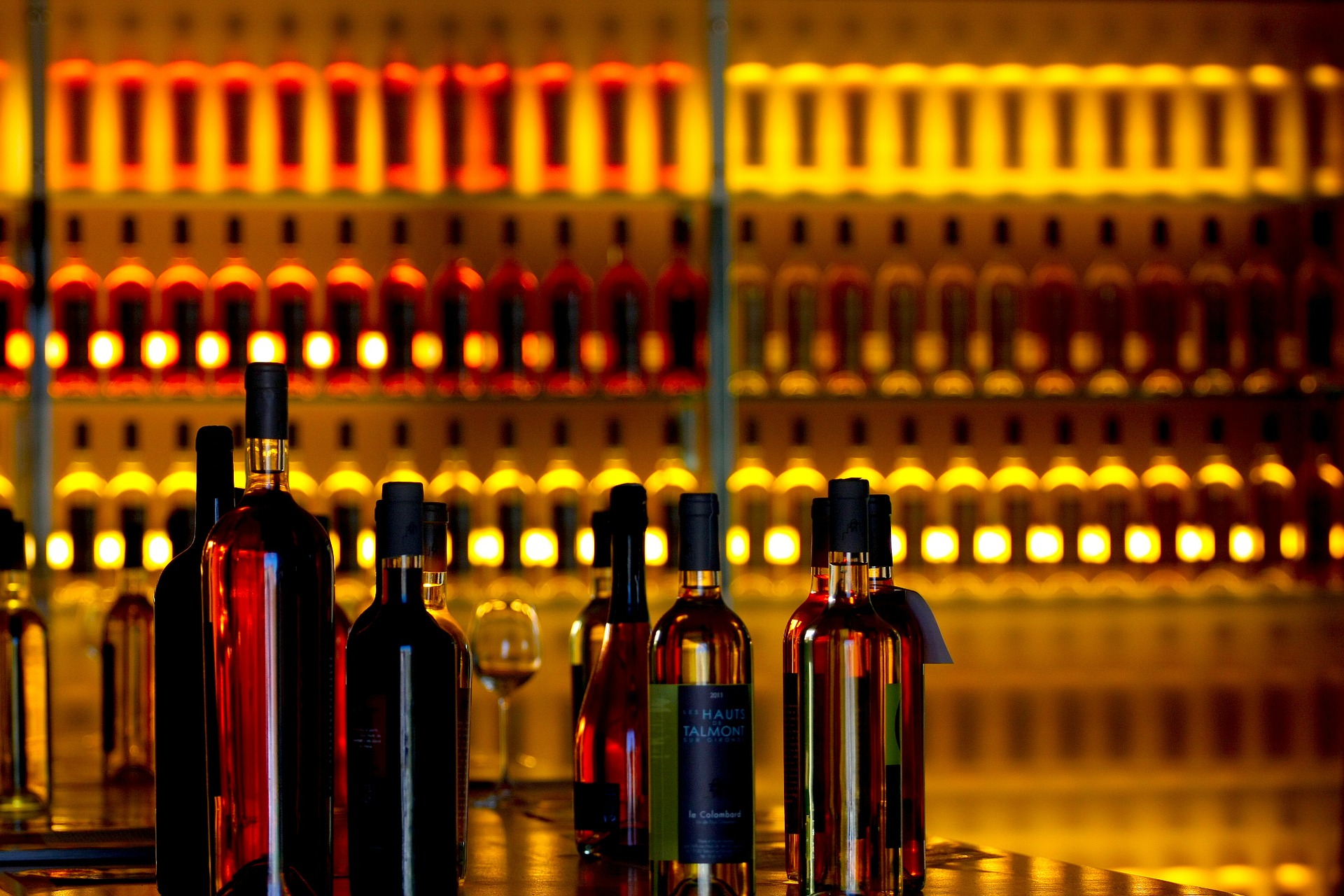While household budget constraints, recession, and inflation are the main topics of conversation in western nations, these issues are not yet top-of-mind in many Asian economies. In order to offset the possible loss of higher value sales from the US and European markets, brand owners in the wine business, particularly those selling luxury products, are increasingly focused on Asian countries outside of China. And the ongoing tariff problem in China has driven a sweeping shift to these smaller but expanding premium wine markets, especially for Australian winemakers.
Singapore has emerged as one of the most promising regions in the world of premium wines, along with South Korea, which is competing for first place in Wine Intelligence’s Compass Market Attractiveness Model in 2022. Wine is a costly commodity in Singapore, an expat-dominated wine market due to high import costs and taxes. However, the most recent consumer research from Wine Intelligence shows that the sector is evolving, with consumer involvement and spending rising as well as a growing number of wine drinkers.
Expansion of the market and premiumization
In Singapore, the market for alcoholic beverages is dominated by beer, with the wine category accounting for 10% of sales. All wine categories saw consistent volume growth from 2016 to 2021, and it is anticipated that this trend would continue throughout the following five years. According to IWSR research, despite a decline in still wine volumes in Singapore in 2021, the category is predicted to rebound in 2022 and rise over the following five years. Meanwhile, the volume CAGR for sparkling wine in Singapore is predicted to be 4% from 2021 to 2026. It has been expanding in Singapore over the previous five years from a tiny basis.
Spending on wine is rising as well, especially during casual gatherings. The COVID-19 lockdowns prompted consumers to upgrade their purchases and switch to drinking wine at home. As limitations are loosened and on-trade drinking resumes, this behavioral change seems to be long-lasting. Additionally, consumers are opting to drink less but better, which is assisting in the premiumization trend.
One of the main differentiators for Singapore seems to be the underlying economic confidence. While consumer confidence in western markets is rapidly eroding, a majority of Singaporeans appear to be optimistic about their financial situation and the future in general, according to Wine Intelligence’s survey of economic sentiment. Consumers also claim that price promotions are a major factor in their decision-making when it comes to purchasing purchases. The upshot for brand owners is that wine consumers will be motivated to look for a more expensive product for themselves but will want incentives or discounts to justifiably make a more expensive buy.
Since 2020, mainly supermarket and travel-related channels have lost market share, keeping channel usage largely unchanged. Over half of Singapore’s semi-annual wine drinkers purchase wine online, demonstrating the country’s significant online penetration. Over two-thirds of wine drinkers use the internet, which is comparable to mainland China’s percentage of usage among more frequent wine drinkers. While Covid has increased wine consumption at home, the on-trade still plays a significant role in the wine industry, with Singaporeans partaking in on-trade wine consumption at levels comparable to those in the US and Australia.
Market possibilities
A wider base of wine drinkers is advantageous for the wine market. Despite a decline in wine expertise, since 2020, there has been an increase in the percentage of semi-annual wine drinkers who are very active in the category. Contrary to several other markets where we observe younger legal-drinking-age consumers quitting the category, the proportion of Millennial and LDA Gen Z wine drinkers is constant as well (or not joining in the first place). Compared to their elder counterparts, millennial semi-annual wine consumers are typically more daring and like regularly experimenting with new and distinctive wine styles.
In the Wine Intelligence 2022 SOLA Opportunity Index, Singapore is ranked sixth for natural wine, thanks to a high awareness level and rising consideration and affinity scores. The opportunity index is led by natural wine, but green and organic wines have also gained in popularity.
Wine Intelligence spoke with trade specialists who noticed how Singapore has benefited from Hong Kong’s political unrest. Capital and foreign labor forces have been moving into the market, which could increase wine consumption in the future and position the market as a gateway to the region for wine.



